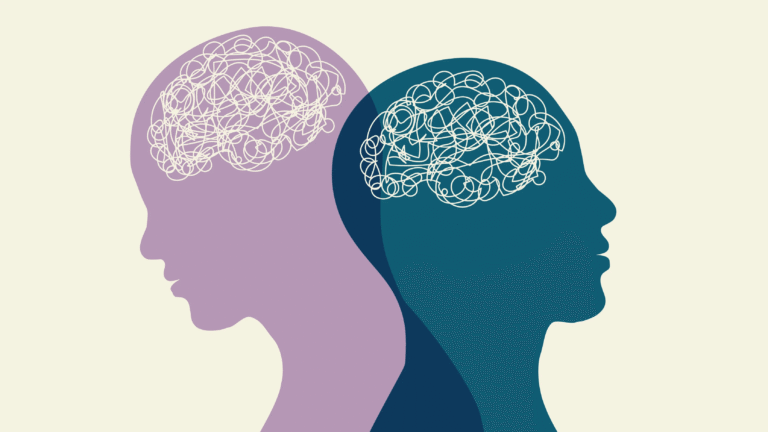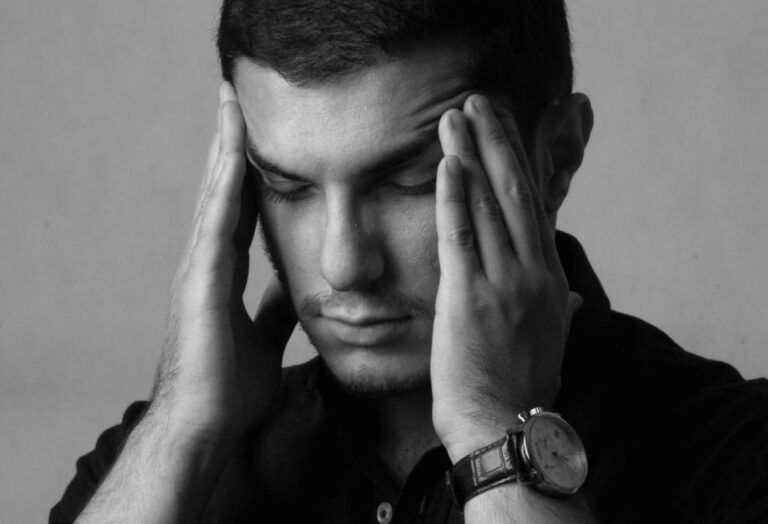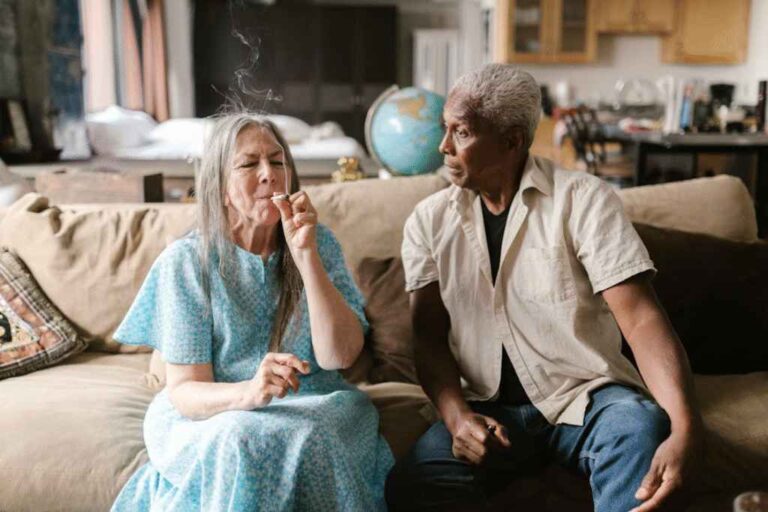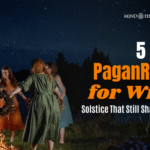The presence of a loving dog can significantly reduce anxiety and stress. No matter the breed, dogs love their owners unconditionally and are always there for them in troubling times. Any dog can become your next furry best friend and provide comfort through companionship, but some breeds are more affectionate and loving than others.
This article will list some of the best dog breeds for anxiety and depression. Continue reading to get to know the most affectionate dog breeds that express their love through physical touch and being a loyal companion.
What Makes a Dog Breed Great for Anxiety and Depression?
A dog breed selectively bred for independent personality to herd and guard flocks of sheep wouldn’t make an ideal breed for someone with anxiety and depression. For someone with anxiety and depression, a loving dog breed with a strong devotion to their owner is more suitable.
Affectionate dogs that enjoy physical contact may comfort those with anxiety, but it isn’t the only trait to look for in a dog. The best dog breeds for people with anxiety and depression also tend to be low-maintenance. As life is already overwhelming enough, the demanding care needs of a dog can add more to it.
Another favorable trait in a dog breed for someone with anxiety and depression is their attachment to their owners. Dog breeds that bond closely with their owners tend to make better pets for those with anxiety and depression. Besides these, size, exercise needs, and other personality traits are all a matter of preference.
The Five Best Dog Breeds for People With Anxiety and Depression
Below, you’ll find the five best dog breeds people with anxiety and depression can consider. We included a variety of dog breeds to ensure you’ll find a furry partner that fits into your life circumstances.
1. Pembroke Welsh Corgi
The Pembroke Welsh corgi is an affectionate, low-maintenance, and loving dog breed that bonds strongly with their owners. These dogs can make anyone laugh with their goofy side and feel loved with their affectionate nature.
The small-to-medium size of the breed makes them ideal for different living conditions. A well-trained and exercised corgi also makes an obedient companion ready to give lots of love and affection.
2. Poodle
Poodles come in various sizes, and you can expect similar traits from all of them. They are energetic, playful, affectionate, and incredibly intelligent dogs. This breed makes an ideal companion for people with depression and anxiety that will keep you out and moving.
These dogs love engaging in outdoor activities with their owners and snuggling up on the sofa after a long walk. They are happy dogs that get along well with any pet and befriend strangers quickly.
3. Golden Retriever
Perhaps the happiest dog breed of all, the golden retriever had to make it to our list. A golden retriever is ready to help anyone with depression and anxiety with their caring and playful nature.
Golden retrievers are also very adaptable and happy to partake in any activity that involves them. While they aren’t low-maintenance dogs, golden retrievers don’t demand a lot from their owners.
4. Pomeranian
The Pomeranian is a small companion dog breed with an extremely loving nature. They were kept as lap dogs throughout the centuries and take their job very seriously. A Pomeranian always finds a way to comfort their favorite human through companionship.
The breed’s small size makes it easy to take them everywhere you go. However, Pomeranians need regular haircuts every four to six weeks to maintain their appearance. Also, they are prone to developing separation anxiety, which can get out of control if not socialized and trained properly.
5. Dachshund
The dachshund is another small, affectionate dog breed that earned the nickname “Velcro dog.” Dachshunds form strong bonds with their owners and tend to attach to one person in the family.
While these little dogs love cuddling up with their owners, dachshunds require a good amount of daily exercise to stay healthy. They were used as hunting dogs throughout history, and any activity that involves their nose is a good one to tire them quickly.
Consider Getting an ESA Dog
If you have anxiety and depression, consider getting an emotional support animal (ESA) letter from your licensed mental health professional. From there, you can look for an ESA registration to ensure your furry friend isn’t just a pet in the eyes of others, such as landlords.













